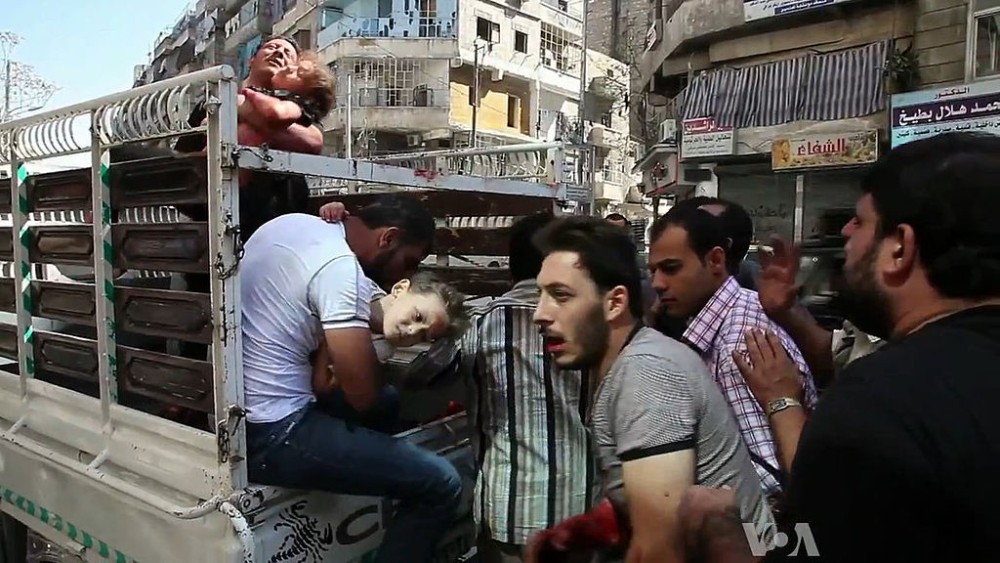
Laments for Aleppo and for the millions of Syrians caught in civil war frequently include complaints about inaction by the West, especially by the United States. Surely, critics say, the United States could have done more to stop the greatest humanitarian catastrophe of the 21st century, in which a half million people have been killed, another half million have been wounded or gone missing, and 14 million people have been displaced.
There is no doubt that for six years Syrian leader Bashar al-Assad has waged a brutal war against his own people. His signature methods were on display in the siege of Aleppo, where government forces used chlorine gas and indiscriminate barrel bombs on rebel troops, resulting in hundreds of civilian deaths. Until Assad’s troops gained control of eastern Aleppo in mid-December, civilians were cut off from food, water, and medical supplies.
Read our latest issue or browse back issues.
Yet those denouncing inaction have never outlined a convincing alternative to what the United States and its allies have done—which is primarily to urge the warring parties toward a cease-fire and to lobby for humanitarian relief. The proposals for more forceful intervention have had only a slight chance of success and could easily make the situation worse. Doing something is not always better than doing nothing.
It’s been argued, for example, that the United States could do more to back the rebel troops fighting Assad. But U.S. leaders are rightly wary of supporting Islamist jihadi groups whose methods and goals are as brutal as Assad’s and whose dominance would bring a host of new problems. It’s also been recommended that Western forces could establish safe zones for civilians. But without trusted and significant forces on the ground to provide security, a designated safe zone could easily become a killing zone. It’s been proposed that the United States could use air power to enforce a no-fly zone. But with Iran and Russia firmly backing Assad, and with Turkey more worried about Kurdish forces than Assad’s, it’s not certain that any American military pressure—short of a heavy investment of troops—can alter the dynamic of power on the ground.
A measure of the poor options available is the situation for Christians in Syria: they view the brutal Assad as their protector against Sunni Muslim extremists. Whatever qualms they may have about Assad’s methods, Syrian Christians are relieved that it’s Assad’s troops, not Sunni fighters, that now control Aleppo.
The lack of a plausible strategy for transforming the military situation by no means rules out a humane response. Groups such as Doctors Without Borders, the Syrian American Medical Society, and the Syrian volunteer group White Helmets are working heroically on the ground to relieve suffering and rebuild individual lives, and they could use financial donations. A wide range of faith groups have partnered as the Multifaith Alliance for Syrian Refugees to help those on the front lines who are enduring injury and trauma. These and other agencies are bringing some light to a dark time. Sometimes that—along with lament and prayer—is all that humans can do.
A version of this article appears in the January 18 print edition under the title “Lament for Aleppo.”






